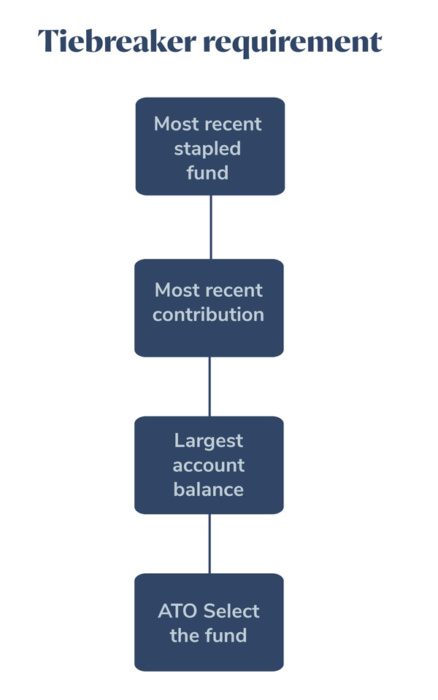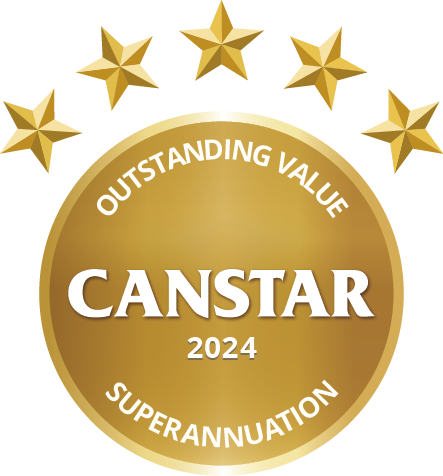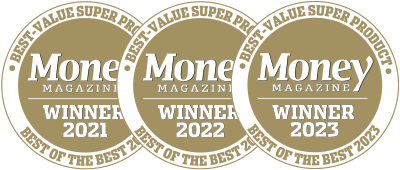We recommend that you obtain financial advice before making any decisions about switching between investment options. To book an appointment with a Vision Super financial planner, either call us or complete our online appointment form:
Go to the form to book an appointment online >
Call our Contact Centre on 1300 300 820 (Monday to Friday 8:30am to 6pm).
Advice fees may apply, which will be discussed with you before any work is undertaken. For full details on advice costs, please refer to the Vision Super Fees and Costs guide.
Decisions about which investment option is most appropriate for you should be based on a considered assessment of your risk profile. Occasionally you may wish to review your risk profile. For example, when you are first starting out in the workforce or when you are a few years away from retirement and/or going into retirement.
Frequent switching between investment options and trying to second-guess the market can be risky, particularly for high-risk investment options designed to be held in the long-term (6 or more years). You should switch only after a thorough review of your long-term investment strategy.
Implementing Switches
You can switch investment options for some, or all, of your account balance, future contributions, or both. You can also nominate which investment option you would like your withdrawals to be made from. Vision Super does not charge members for switching their investment options.
You can switch between investment options by logging into our website, or the Vision Super app, or by sending us a completed Investment choice form. You can also call us, on 1300 300 820 (Monday to Friday 8:30am to 6pm).
Investment switches are processed based on the unit prices of the relevant investment options declared on the next business day after we receive your switching request, unless there is a delay with processing due to abnormal market conditions or system failure.





